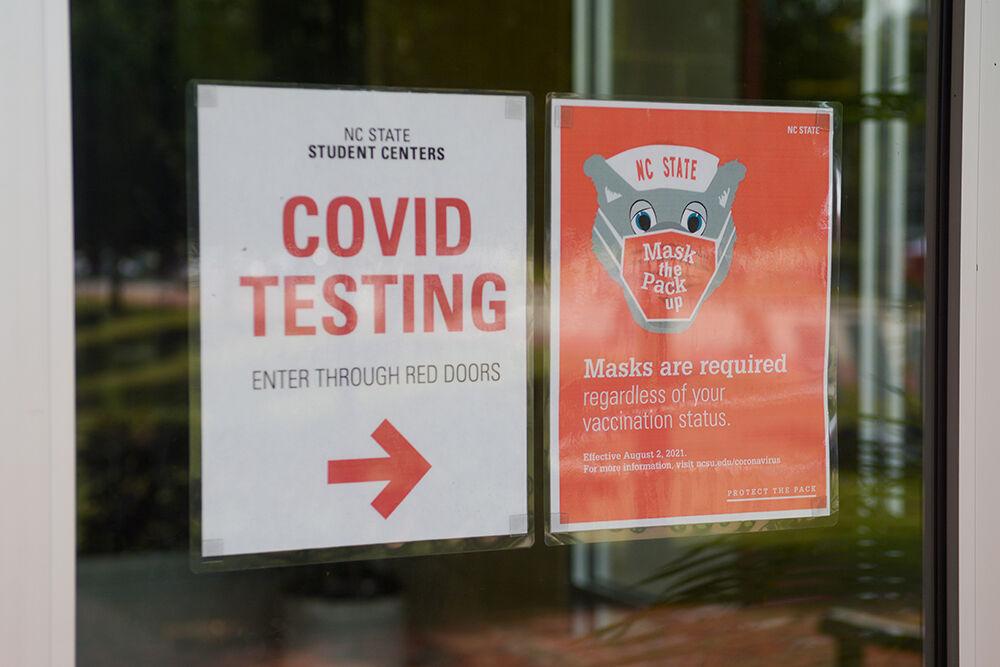Though many international students at NC State have been allowed to remain on campus and maintain some level of normalcy, many of them are still uncertain about how the coronavirus pandemic will affect their studies and future.
Regina Massite, an international graduate student from Kenya studying communication, says how difficult it is to study home.
“It’s horrible, we’re working from home and my focus is reduced because of the uncertainty,” Massite said. “We don’t know what’s coming next. We don’t know when this thing will end. We don’t know if we will be able to go back home, and the situation at home is also not hopeful.”
She hasn’t socialized much since the spring classes were moved online about three weeks ago.
“The fear that international students have right now is what we will do in the summer because we can’t look for jobs, and we can’t go home,” Massite said. “So what are international students supposed to do when operations at the school are limited?”
Jerome Amedu, an international graduate student studying math education, said social distancing has challenged him to think about socializing differently.
“Everyone has been affected by COVID-19,” Amedu said. “A major challenge for me is that everything has been moved online. My relationships have been affected because connecting with people is important to me, but as it is now, I’m unable to go to church or meet my classmates physically. I cherish physical contact and that connection that you only get when you meet physically.”
Amedu lives on campus and said the silence in the dorms is a daily reminder that the coronavirus pandemic is real.
“There are not many people around, and I’m practicing social distancing,” Amedu said. “I hardly relate with anyone now that we’re told to stay at home.”
Amedu’s worst fear is contracting the disease while away from home.
“I don’t have any family here, so if I go down with that virus, who will take care of me?”Amedu said. “I particularly feel that is the fear that every international student will most likely have.”
Kenneth Scott, a first year studying engineering, can’t go home because his parents live on a military base in Japan, and he would need military orders to travel there. As of Tuesday, April 7, Japan has restricted travel from several countries, including the United States.
Most of Scott’s friends have moved back home, but he remains on campus.
“On campus there’s a lot less people, but more people are spending more time outside because it’s more peaceful,” Scott said. “I spend a lot more time on the phone talking to friends online because all of my friends here moved back to their houses.”
Scott goes to Fountain Dining Hall for meals, and said that with the decrease in students on campus, there is plenty of food. He also feels that on-campus staff is trying to help keep students informed.
“It seems like the staff is doing their best to try to cope with everything and give us information,” Scott said.
Like Massite, Amedu is worried about how the pandemic will affect his country. As of Sunday, April 5, 214 cases of COVID-19 were confirmed in Nigeria.
“I have family in my home country and this lockdown across countries, and several issues other countries are facing are also beginning to affect my home country and my family,” Amedu said.
Amedu is thankful that the university made provisions to allow international students to stay on campus during this period.
“The dorms are very empty now, but I’m happy that the school made provision for us to stay,” Amedu said. “The university has been very proactive. I particularly cherish the regular encouragement we get from the school leadership and the regular updates about how to stay safe within this time.”
Massite is also happy with the current measures in place.
“For now, they have tried by putting in measures to make students succeed, but we don’t know about the future,” Massite said.













